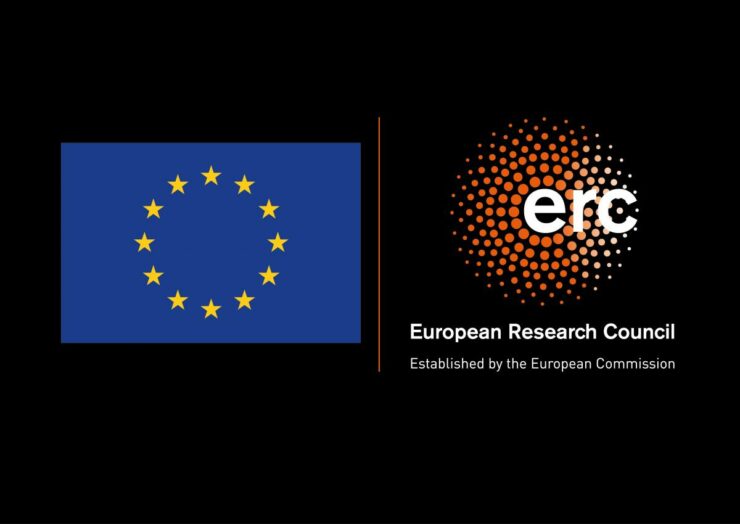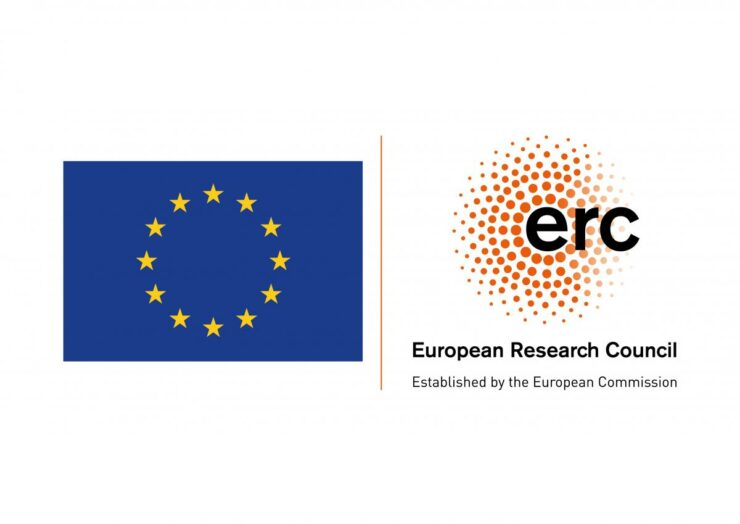The Constitution of the Corporation
The constitutional status of the corporation refers to the way that the corporation is integrated in the constitution (i.e. the division of power deemed legitimate) in a political community as a whole. The project raises two questions: The first question is how the corporation is internally constituted, i.e. what the relations of legitimate representation and authorization surrounding the corporation are: in the name of whom do corporate directors act? The second question pertains to the external standing of the corporation in the polity. To what extent is the exercise of corporate power is bound by the rule of law, in particular does it have obligations to respect human rights? And to what extent is the corporation itself the bearer of fundamental (i.e. constitutional) rights?
With respect to the first question, in the history of legal thought, three competing theories of personhood are often distinguished: the so-called ‘aggregate’, ‘concession’ and ‘real entity’ theories. These theories understand the personhood of the corporation through the creation and authorization of different constituents: respectively the corporation’s members/owners, the state and its directors. These legal theories have provided some inspiration for political theorists in recent years as well. But what is lacking is a study of political theory’s own social contract tradition under the angle of corporate power. The key concept here is ‘representation’: whom is the corporation representing in its actions? We need to see whether the other social contract theorists, historical and contemporary (Hobbes, Rousseau, Locke, Kant, Rawls etc.), as well as contemporary democratic theories, can be extended to cover corporations, in order to develop a convincing theory of representation for corporations.
On the second question, the main literature is in the field of ‘business and human rights’, which studies whether corporate obligations to protect and respect human rights should be accepted. From the perspective of a political theory of corporations, attributions of human rights obligations mark an important transition, since these obligations were traditionally the hallmark of the way the arbitrary power of nation-states was to be curtailed. Many questions remain, however. If power is to be exercised non-arbitrarily, those holding public office must respect fundamental rights of citizens over which they exercise authority (called ‘constitutional rights’ in national contexts and ‘human rights’ in international contexts). The Westphalian assumption is that nation states should protect these rights; given the power of corporations, can that assumption be sustained? We need to (i) determine the normative criteria for establishing a ‘division of labor’ between corporations and other actors in addressing human rights deficits; and (ii) determine the scope of these obligations. The question will be addressed whether corporations should also be responsible for so-called socio-economic rights which address poor conditions in nourishment, health care, housing and education.
This project is researched by Rutger Claassen.
Would you like to read more about the current developments within the sub-projects? Click here.



